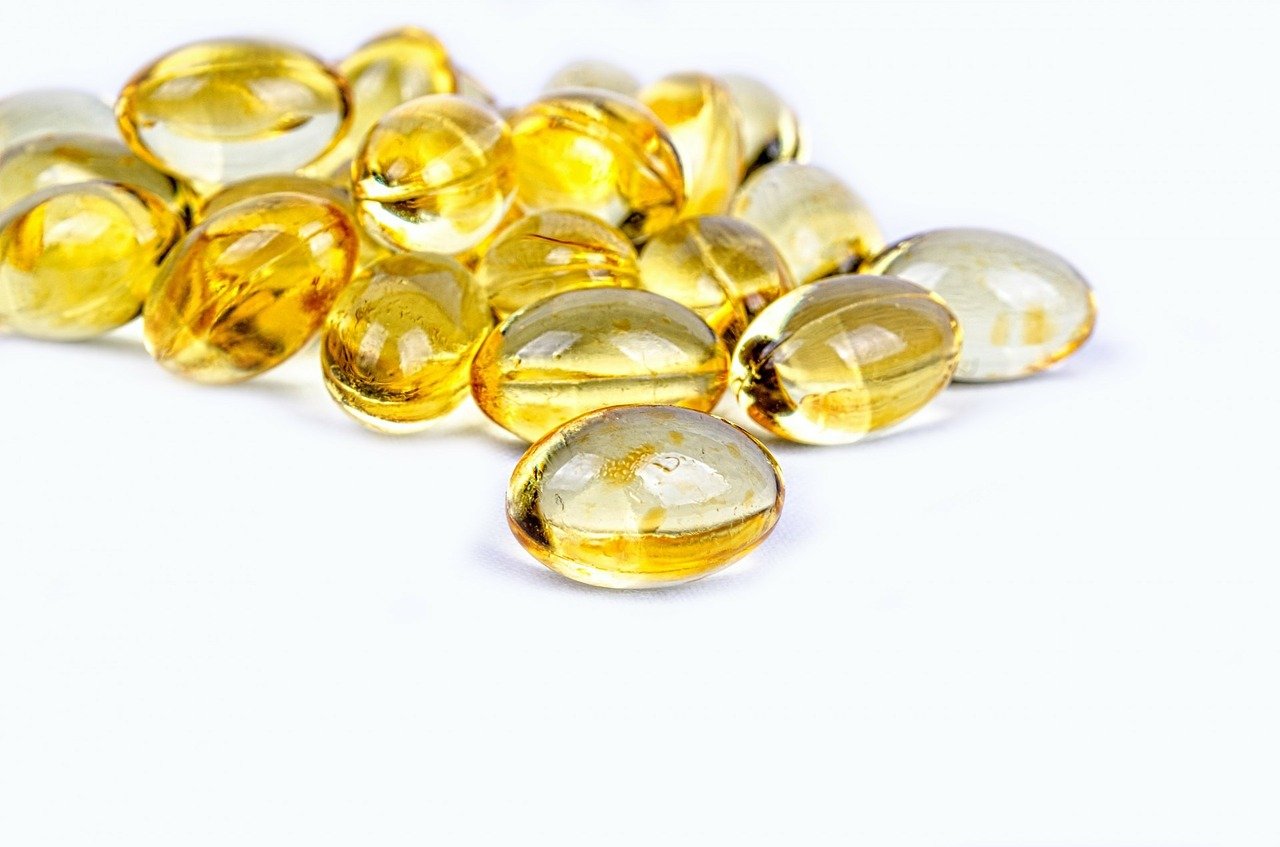Using Diet to Cure Lupus

One 2012 study reviewed the correlation between vitamin D deficiency and onset of lupus in different populations. Individuals with lupus tend to be more sensitive to sun exposure, which means that less time is spent in the sun (eventually leading to vitamin D deficiency). Thus, this is a cyclical problem: a person with an initial vitamin D deficiency develops SLE, they are increasingly sensitive to the sun and avoid it, and then their vitamin D deficiency can’t be sufficiently and comfortably corrected through sunlight.
However, supplementation with vitamin D3 is possible. Because many SLE patients also suffer from osteoporosis, fibromyalgia, and arthritis type symptoms, choosing a supplement that has both vitamin D3 and vitamin K2 will support bones and joint health. Cardiovascular problems are also common in lupus patients. This is another area where vitamins D3 and K2 can be valuable, since certain cardiovascular disorders are driven by calcium or plaque build-up in the arteries (something caused by a deficiency in vitamin K2, specifically).
The same study mentions that use of corticosteroids can cause more rapid breakdown of vitamin D in the body, meaning that individuals taking this type of drug must take a higher amount of vitamin D3 in order to experience its benefits. Lupus patients who want to restore their vitamin D levels to normal should supplement with 50,000 IU of vitamin D3 daily for 8 weeks. After the 8 weeks, 3000-4000 IU should be taken daily as a maintenance dose. Patients should also always take vitamin D3 with vitamin K2 to help manage other lupus symptoms and to ensure adequate usage of the vitamin D3 in the body (D3 and K2 go together and work best when taken together).

The Barefoot Healer's Guide to Autoimmune Disease, Volume 1 - BUY HERE!

Related Posts:
Resources:













